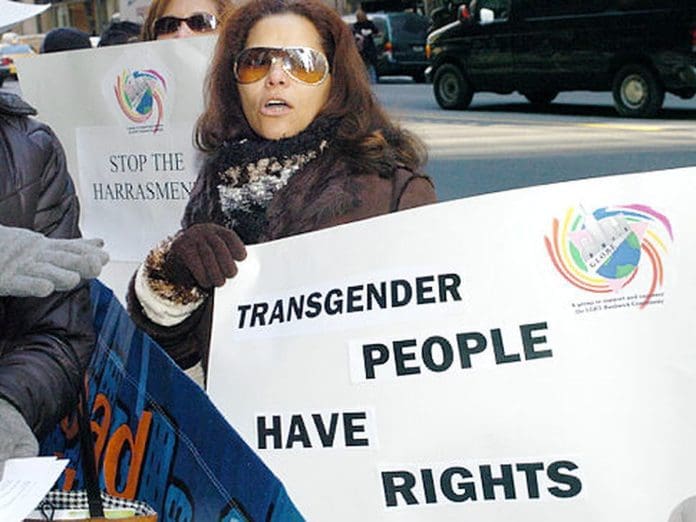This Tuesday, a federal court overturned Arkansas’ bar on gender-confirming transgender treatment care for transgender children, handing the state’s ban the biggest blow yet. Judge M. Moody Jr. ruled in an eighty-page decision that the state’s “Save Adolescents from Experimentation Act” is unconstitutional and that state official cannot implement the 2021 legislation. The court ruled that as per the evidence, the forbidden medical care improved not only the patient’s mental health but also improved their general well-being, and by prohibiting these, the State subverted the interests of those who seemed to benefit from it. “Rather than protecting children or safeguarding medical ethics, the evidence showed that the prohibited medical care.”
Transgender Treatment For Adolescents Has Been Overturned By The Judge
The State’s multiple justifications for the Act’s protection of minors and maintenance of medical ethics, he said that it does not elaborate on why the treatment was only for gender affirmation or for what reason all transgender treatment medical care had either been banned or singled out. Any claim of the State that the act has been crafted for the benefit of children, is directly refuted by the declaration of skillful experts, and doctors who supplied transgender treatment care in Arkansas, and households who depend on this care,” says the statement.
Teenagers would not have had access to puberty blockers, a medication choice for transgender treatments for adolescents that delays the beginning of puberty, under the now-blocked bill. The law also outlawed the use of the so-called gender-confirming procedure which is the cross-hormone treatment, that enables trans persons to alter their physical characteristics to better match their gender identity. The law provided what it refers to as an “anomaly” for some intersex individuals with unknown production of hormone and chromosomal composition, as well as those who had problems as a result of prior transgender treatment procedures.
Gender-confirming care includes a variety of empirically supported procedures and strategies that are advantageous to nonbinary and transgender persons. The sorts of treatment differ depending on the recipient’s age and aspirations and are regarded as the norm by many general medical professionals.






